Recently I was asked about my process for writing the first pages of my novels to help promote the First Pages Prize - a great competition where writers can submit the first 1250 words of their novel for a chance at some pretty amazing prizes.
It was a good opportunity to examine the process a little more closely. Here are my responses.
Question: Thanks for sitting down to talk about your first pages tips. How do you approach your first pages? Start typing and revise later? Plan in general and go?
James Russell: This is going to sound a bit weird, but I go for the James Bond opening - the one where we immediately see 007 in action, tying up the loose ends of his last mission. When you're writing for children, and in particular those reluctant readers, you need to engage them straightaway, and hook them quickly. So, for example, in my first middle-grade novel The Dragon Defenders, the protagonists are diving for shellfish, but then a shark turns up... The dilemma is resolved, and then the scene is set, but I don't make the reader wait long until they're plunged straight back into the action.
Of course, with adults, it doesn't need to be action-packed, but I like to drop the reader into the middle of a situation, as though they're a fly on the wall in a scenario they won't immediately understand. It could be the middle of a conversation, or the discovery of some traitorous act. It's also a great challenge to set the scene and weave enough background into a fluid situation like that.
Q: Is this the same approach you took with YOUR LATEST BOOK in particular?
JR: Below is the opening of book five in The Dragon Defenders series. Paddy and his brother Flynn are getting ready for their first day of school. This seems pedestrian, but for the readers that know the books it will have great intrigue - they've come from a paradise island in the middle of the ocean and thus far the great outdoors - and their parents - have been their only teachers, so it's a foreign concept to them. Readers will be dying to know how they fare.
Paddy made a face at the boy in the mirror. He didn’t like the look of him. In fact, he hardly recognised him. He was dressed in school uniform – a light blue shirt and grey shorts, with a navy tie fastened so tightly around his neck he felt as though he was being choked. What sort of an idiot invented the tie, Paddy wondered. Why would you ever voluntarily put yourself through the discomfort of having something wrapped tightly around your neck, while at the same time putting up with a pointless, flapping piece of cloth whipping about in the wind? It was bound to snag on something sooner or later.
When he’d arrived here, at his grandparents’ home, he couldn’t stop looking in the mirror – it was the first time he’d ever really seen himself, except for dark and wobbly reflections in rock pools. But now he could hardly stand the sight.
Paddy wanted to rip the tie from his neck, but he knew he wasn’t allowed. Apparently all schoolchildren had to be dressed identically. Another stupid rule.
Q: How much do your original first draft pages generally change on their path to publication?
JR: I suppose that generally I have a terrible writing practice. I write a bit, then go over it and over it until it's right. I know I should be vomiting it out, and coming back to it later, but I just can't seem to leave an unpolished sentence. The act of rewriting it over and over seems to crystallise the idea that I want to get across, and it's often while I'm doing it that the next bit comes along. It's meditative, and it slows progress enough for lots of ideas to start forming for what's to come. In any case, I get it just right, and then when I've finished the book, I rewrite it again. Terrible.
Q: How about as a reader, what draws you in the most about others' first pages?
JR: The opening chapter of a book is the most difficult to write. The best writers seed the action with nuggets that set the scene - things that establish the time, place, characters and situation, but with a subtle touch, so much so they seem unimportant. I sometimes find myself going back to re-read the beginning. There's nothing worse than an overt 'tell'. It makes me want to close the book immediately.
Q: Can you think of a 'forever first page'? An opening of a book that’s stuck with you?
JR: I love the opening chapter of At Swim, Two Boys by Jamie O'Neill. It's simply the pedantic and conservative Mr Mack wandering about town interacting with his neighbourhood. It's wondrous writing. I've read it over and over, and I marvel at it every time.
Q: You're a prolific author always pushing the boundaries with new ways to interact with your readers, what are you working on now/next?
JR: I'm working on two novels based around the world of surfing - a sport that I love, and one which serves as the perfect antidote to sitting in front of a computer for a job. I love the writing of Tim Winton and William Finnegan. They're the only two writers who have, for me, ever put the experience of riding (or being frightened by) a wave into words. I'm beyond excited by how they're progressing, and I can't wait to launch them, hopefully before the middle of 2021. They'll come out as ebooks, paperbacks and audiobooks all at once.
As a children's writer, I know I have a responsibility to be writing for children, but this was an itch I had to scratch. I have more children's books in the wings!
I'd heartily recommend authors enter the First Pages Prize, if only to hone and rehone chapter one of your book; it's reward enough. You have but one chance to hook a reader - and that's with your first pages!
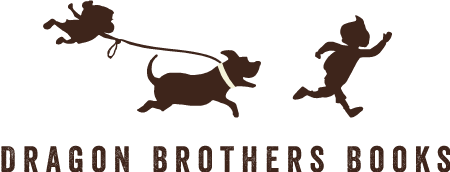
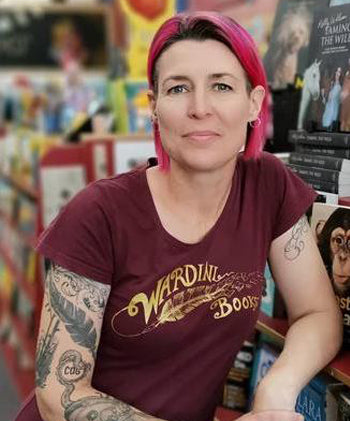
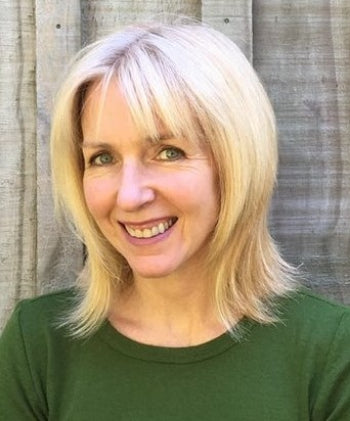
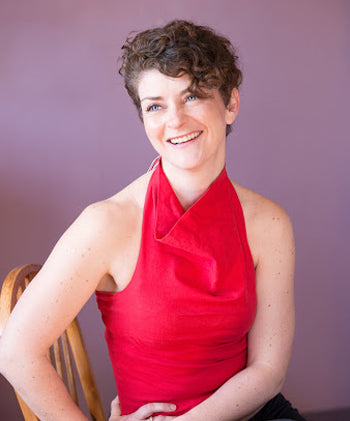
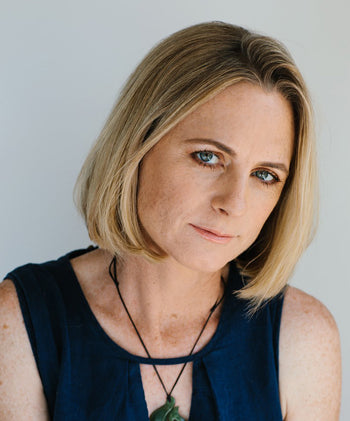
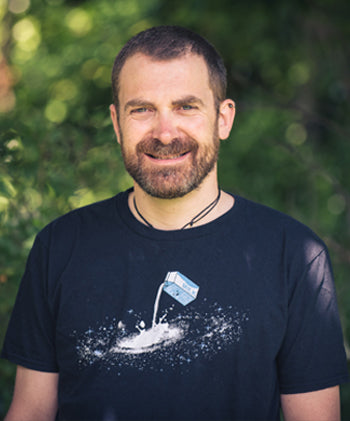
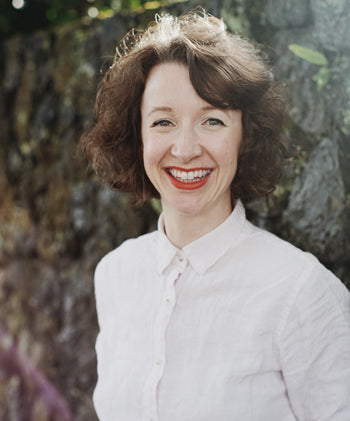
WE LIKE YOUR BOOKS!!!!